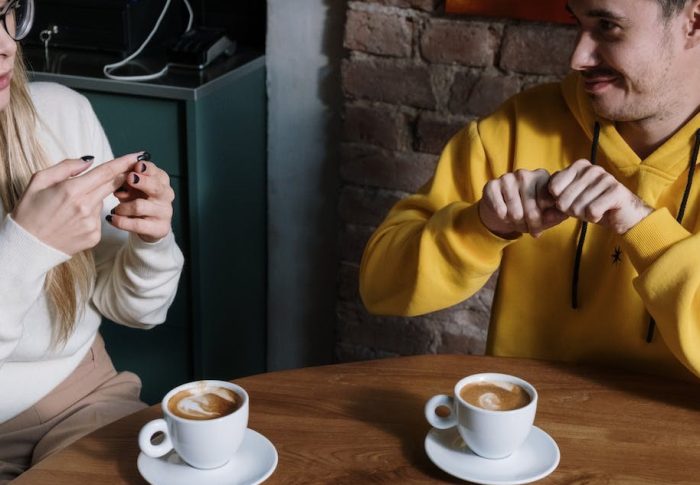Why body confidence is important and what we can do about it
As someone who’s suffered from anorexia, I get fed up with people thinking it’s all about vanity. Thinking you look so ugly that you want to stop existing is so much more serious than taking excessive pride in one’s appearance. Vanity is about loving your looks, anorexia is about considering your worth in relation to how badly you’ve treated yourself (ie you’re worth more if you’ve starved yourself to lost weight).
Body confidence is a massively underestimated subject.
Parents often observe their toddlers having fun with their looks, they like dressing up, putting on Mum or Dad’s shoes or having their face painted, they might look ridiculous but they also look incredibly cute as they laugh and smile at themselves in the mirror, often even kissing the mirror in shear delight at how they look.
At what age does this stop? At what age do we gradually slide down the pit into hating how we look, poking bits of our body in disgust, looking at portions of our body and planning how to get rid of it?
Body confidence isn’t about how you look, it’s about the way you think you look.
Here are a few stats about why, what young people think about how they look, is important:
- 6/10 girls are choosing not to do something because they don’t think they look good enough
- 31% of teenagers withdraw from classroom debate because they don’t want to draw attention to the way that they look
- On days when they don’t feel good about the way they look, 1/5 skip class
- If a young person doesn’t think they’re thin enough they will score lower grades than their peers who are not concerned with looks. This is data has been gathered from Finland, the US and China, and it is true regardless of how much you actually weigh. This is probably true across the world but not enough research has been done into this area.
This continues into adulthood as 17% women would not show up at a job interview on a day when they weren’t feeling confident about the way they look.
Low body confidence is known to lead to:
- Taking less physical activity
- Eating less fruits and vegetables
- Low self esteem
- Being more easily influenced
- A higher risk of depression

People with low body confidence are more likely to use alcohol, drugs, cosmetic surgery, unhealthy weight control practices that can lead to eating disorders, unprotected earlier sex and self harm in order to make themselves feel better.
So what do we need to do about it?
1. Educate for body confidence in schools. There are 6 core themes that need to be addressed:
- Teasing and bullying
- How we talk about appearance
- The influence of family, friends and relationships
- Media and celebrity culture
- Competing and comparing looks
- Respecting and looking after yourself
2. Be better role models – as adults we need to be mindful about what we say and do. We need to think about how we compliment each other and in particular what we post on social media.
3. Work together – this isn’t an issue we can leave to schools to deal with, we need to work together in communities, at a government level and in the work place to improve body confidence for all.
We need to work towards ensuring we:
- Value ourselves for for who we are and what we do rather than how we look
- Value individuality, each one of us is unique and that’s beautiful





Comments
I’m 53, having suffered with anorexia on and off all my life. I don’t have body confidence at all. I’m so encouraged when I see young people in treatment because I know that a percentage of them will move on to a better life where food, weight and body image won’t keep them in a cage like I have been.